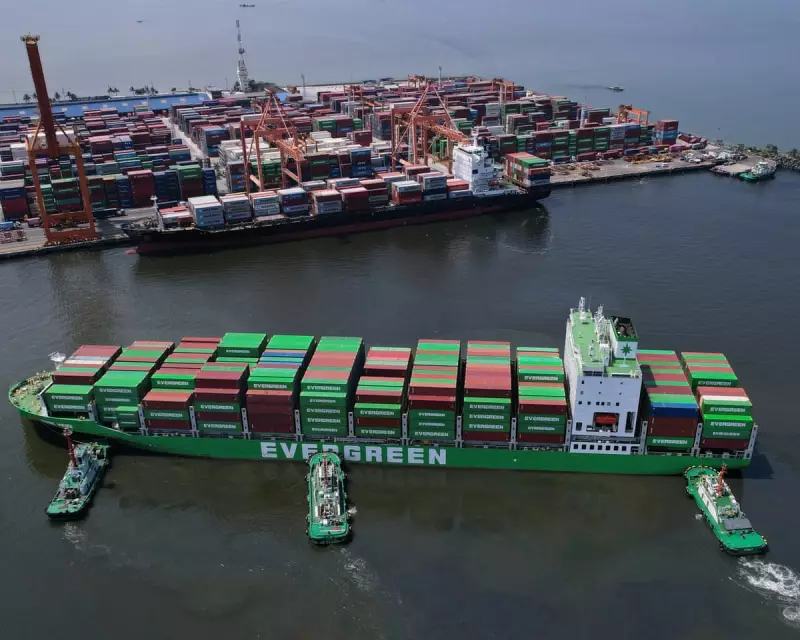
In a dramatic intervention that has sent shockwaves through diplomatic circles, former US President Donald Trump has issued a stark warning to vulnerable nations ahead of a pivotal vote on global shipping emissions.
Pressure Mounts Before Critical Environmental Decision
The International Maritime Organization (IMO) is preparing for a crucial vote that could determine the future of shipping industry emissions regulations. This comes as new data reveals the sector's significant contribution to global greenhouse gas emissions.
Trump's statement, delivered through his campaign team, specifically targets developing nations that are particularly susceptible to climate change impacts. The warning suggests potential consequences for countries that support stringent emissions caps during Thursday's landmark vote.
Diplomatic Fallout and Environmental Concerns
Environmental groups have expressed alarm at the timing and nature of Trump's comments. This intervention threatens to undermine years of delicate international negotiations aimed at reducing the maritime industry's environmental footprint.
"The shipping industry accounts for nearly 3% of global CO2 emissions," noted one climate policy expert. "Strong regulations are essential if we're to meet international climate targets. This kind of political pressure could derail progress entirely."
What's at Stake in the IMO Vote
- Stricter emissions standards for new and existing vessels
- Implementation of carbon pricing mechanisms for international shipping
- Mandatory energy efficiency requirements across global fleets
- Support mechanisms for developing nations to transition to cleaner technologies
The outcome of Thursday's vote could significantly influence whether the shipping industry aligns with the Paris Agreement goals or continues on its current emissions trajectory.
Global Reactions and Future Implications
European delegates have privately expressed concern about the potential impact on vulnerable nations that rely on international shipping for trade and economic stability. The threat comes at a time when many developing countries are already grappling with climate-related challenges, including rising sea levels and extreme weather events.
As the world watches Thursday's proceedings, the question remains whether political pressure will override environmental imperatives in one of the most significant climate policy decisions of the year.





